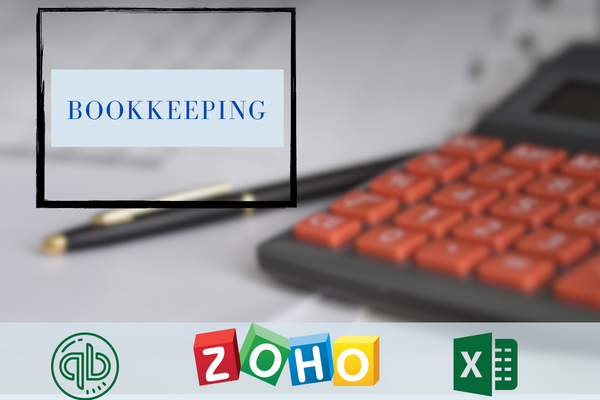Finding the right bookkeeper for your business is a crucial step to ensuring your financial records are accurate and well-managed. Here are some steps to help you find the right bookkeeper:
Identify your needs: Before you start looking for a bookkeeper, determine the specific tasks you want them to handle. Bookkeepers can assist with various financial tasks such as recording transactions, reconciling accounts, managing payroll, and producing financial statements. Knowing your requirements will help you find a bookkeeper with the appropriate skills and experience.
Look for qualifications and experience: A competent bookkeeper should have relevant qualifications and experience in the field. Look for candidates who have a background in accounting, finance, or bookkeeping and have experience working with businesses similar to yours in terms of size and industry.
Seek referrals: Ask other business owners, colleagues, or professionals for recommendations. Personal referrals can be valuable as they come from people who have had direct experience with the bookkeeper’s services.
Check online platforms: Websites like LinkedIn, Indeed, or local business directories can be helpful in finding potential bookkeepers. Look for professionals with positive reviews or testimonials from previous clients.
Interview candidates: Once you have a list of potential bookkeepers, conduct interviews to assess their suitability for your business. Prepare a list of questions to ask, focusing on their qualifications, experience, software skills, and understanding of your industry’s specific financial requirements.
Assess communication skills: Effective communication is crucial in bookkeeping as it involves interpreting financial data and working with other team members. Ensure the bookkeeper can communicate clearly and is attentive to your needs.
Inquire about software proficiency: Modern bookkeeping heavily relies on accounting software. Check if the bookkeeper is proficient in popular accounting software such as QuickBooks, Xero, or any other software you use for your business.
Discuss fees and terms: Bookkeepers may charge hourly rates or flat fees for specific services. Discuss their fees and terms upfront to ensure they fit your budget and align with your financial needs.
Request references: Don’t hesitate to ask for references from previous clients. Contacting these references will give you valuable insights into the bookkeeper’s work ethic and reliability.
Consider certifications: While not mandatory, bookkeepers with certifications such as Certified Bookkeeper (CB) or Certified Public Bookkeeper (CPB) from reputable organizations demonstrate a commitment to their profession.
Evaluate their understanding of tax regulations: A good bookkeeper should have a solid understanding of tax regulations relevant to your business. They can help ensure compliance and may collaborate with your tax accountant during tax season.
Trust your instincts: Ultimately, go with the bookkeeper who not only meets the technical requirements but also feels like a good fit for your business. Trust your instincts after assessing their qualifications, experience, and interpersonal skills.
How We Can Help
As an eCommerce business owner, your time is precious. If you find yourself too busy or too overwhelmed to keep track of your bookkeeping, financial foxe can help. Together with Yasir at Summit eCommerce, we can help you hire the right person to manage your bookkeeping so that you can get back to what matters most: growing your business. Whatsapp +923024100558.


